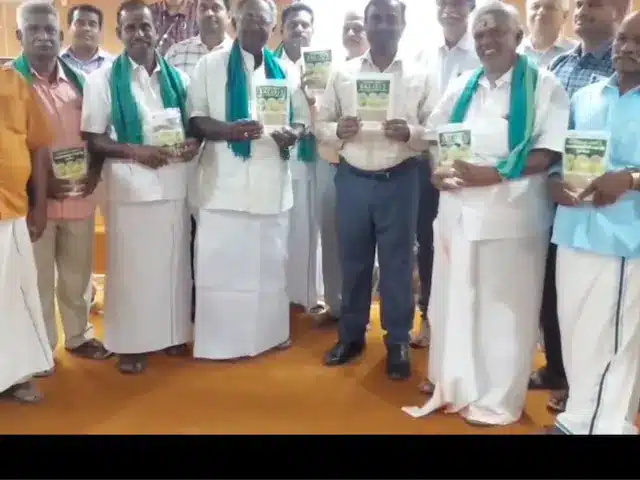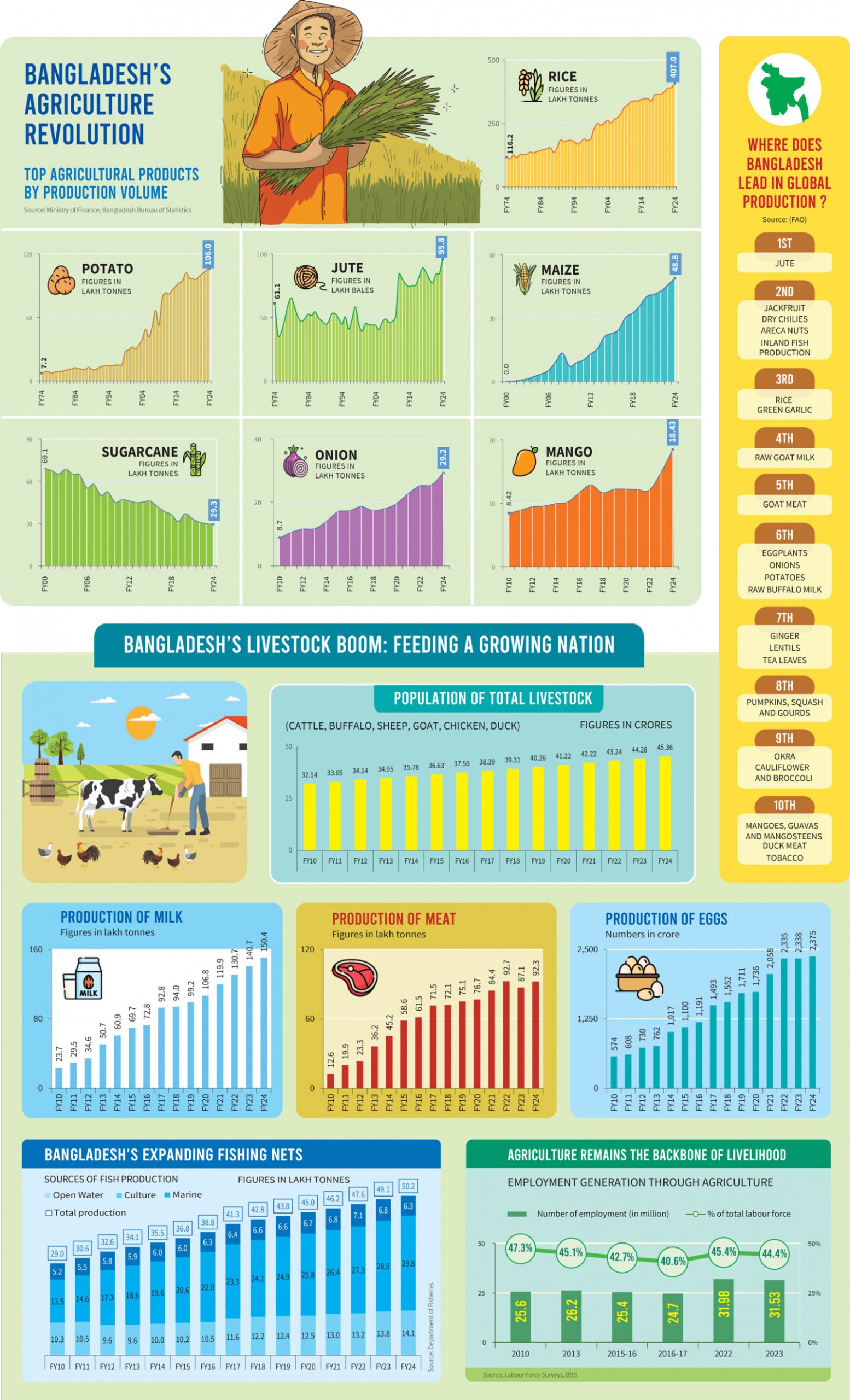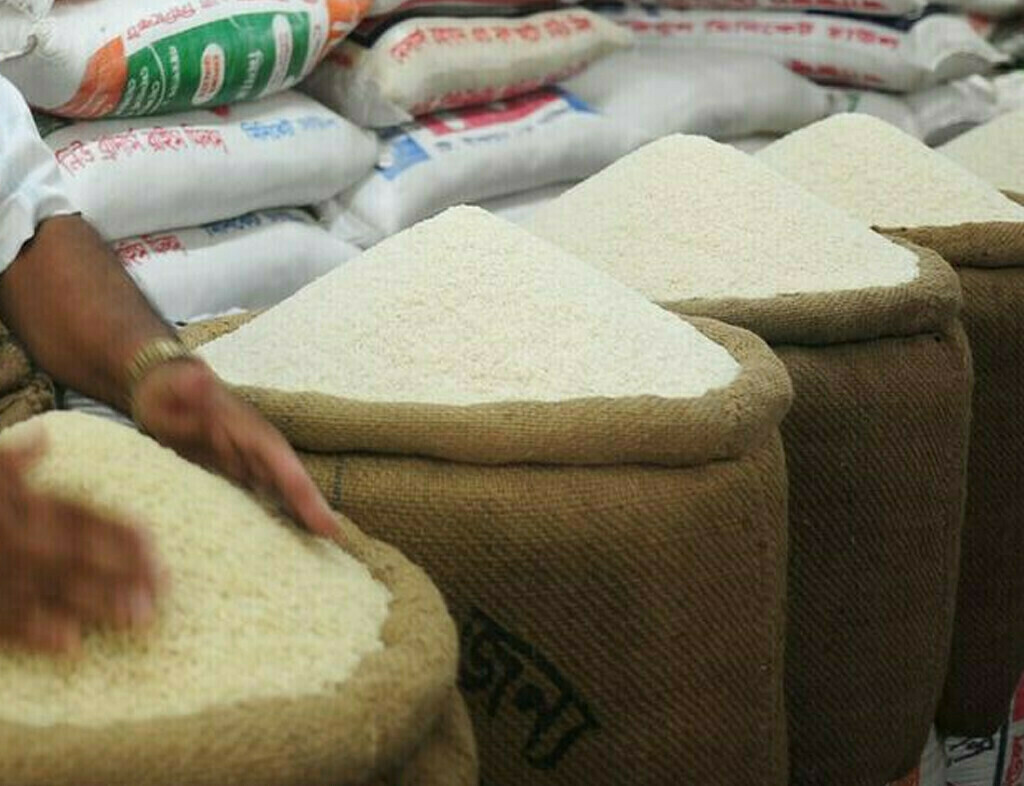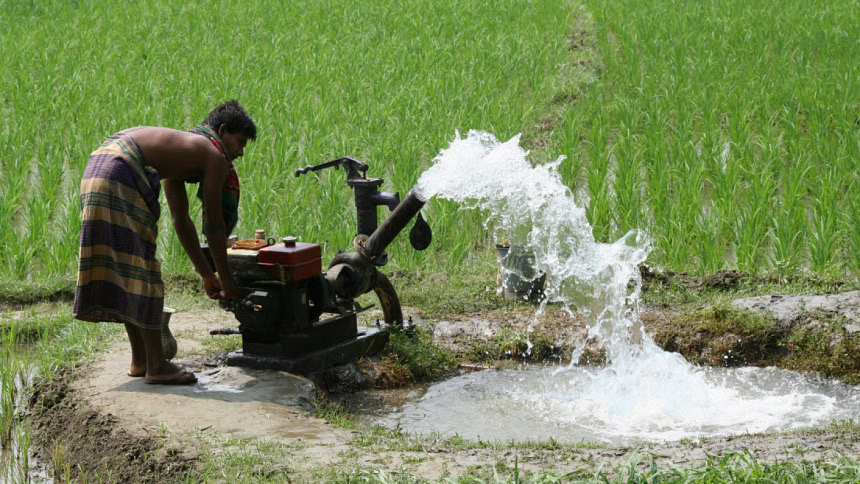Tags
Puducherry Agriculture Institute Develops New Variety Of Rice That Can Withstand Soil Salinity

The new variety of rice, named KKL (R), was developed by a team of researchers at the Pandit Jawaharlal Nehru College of Agriculture and Research Institute.
Rice is considered India’s most important food crop. It is a staple food and is a primary source of diet for the majority of the population in the country. Rice is cultivated using various methods, depending on the type of soil in that region. In India, a combination of traditional and modern methods are used to harvest rice crops. The salinity of the soil poses a severe threat to rice production, which results in stunted growth, and leaf damage and leads to lesser production of rice.
Now, an agriculture institute in Karaikal, Puducherry has developed a new rice variety that can tolerate the salinity of the soil and grow successfully. According to reports, this new variety, named KKL (R), was developed by a team of researchers at the Pandit Jawaharlal Nehru College of Agriculture and Research Institute (PAJANCOA and RI).
The research has found that the consistent and remarkable performance of KKL (R) 3 under both saline and normal conditions has made it a strong candidate for release as a salt-tolerant rice variety. It has been found that this variety of rice, with its ability to thrive in salt-affected soils, offers a promising solution for farmers in regions facing salinity challenges. This will help the farmers with increased rice yields and food security in the southeastern part of the Indian subcontinent. Apart from that, the researchers have said that to implement and adopt it, the study will require more research and free trials to validate and harness the full potential of KKL (R) 3.
In most cases in India, the salinity reduces growth, reproduction and rice grain yield. There have been several studies that have investigated the impact of salt on rice output when plants are subjected to salinity stress during the vegetative or reproductive stages.
https://www.news18.com/india/puducherry-agriculture-institute-develops-new-variety-of-rice-that-can-withstand-soil-salinity-8818052.htmlPublished Date: March 16, 2024






